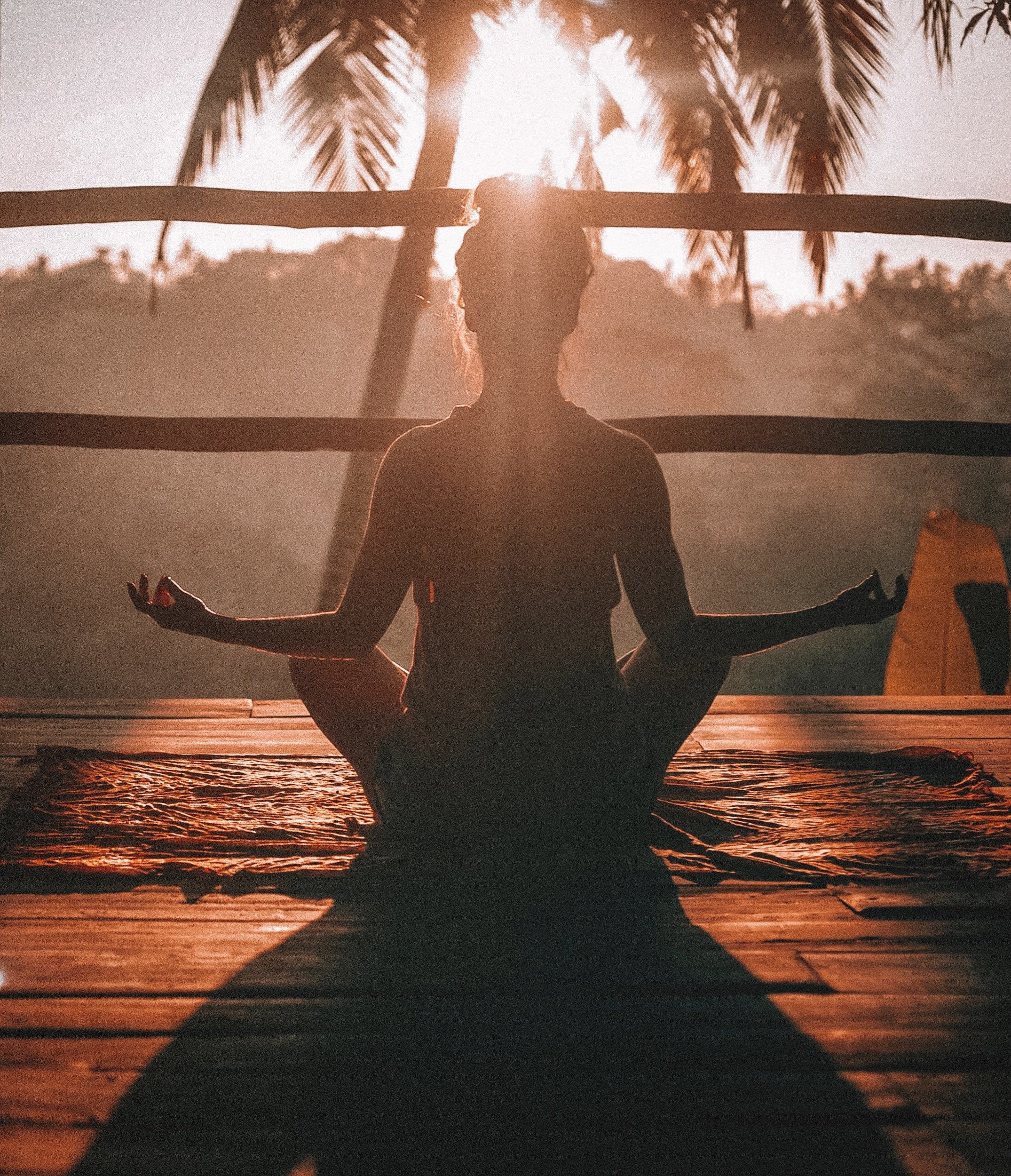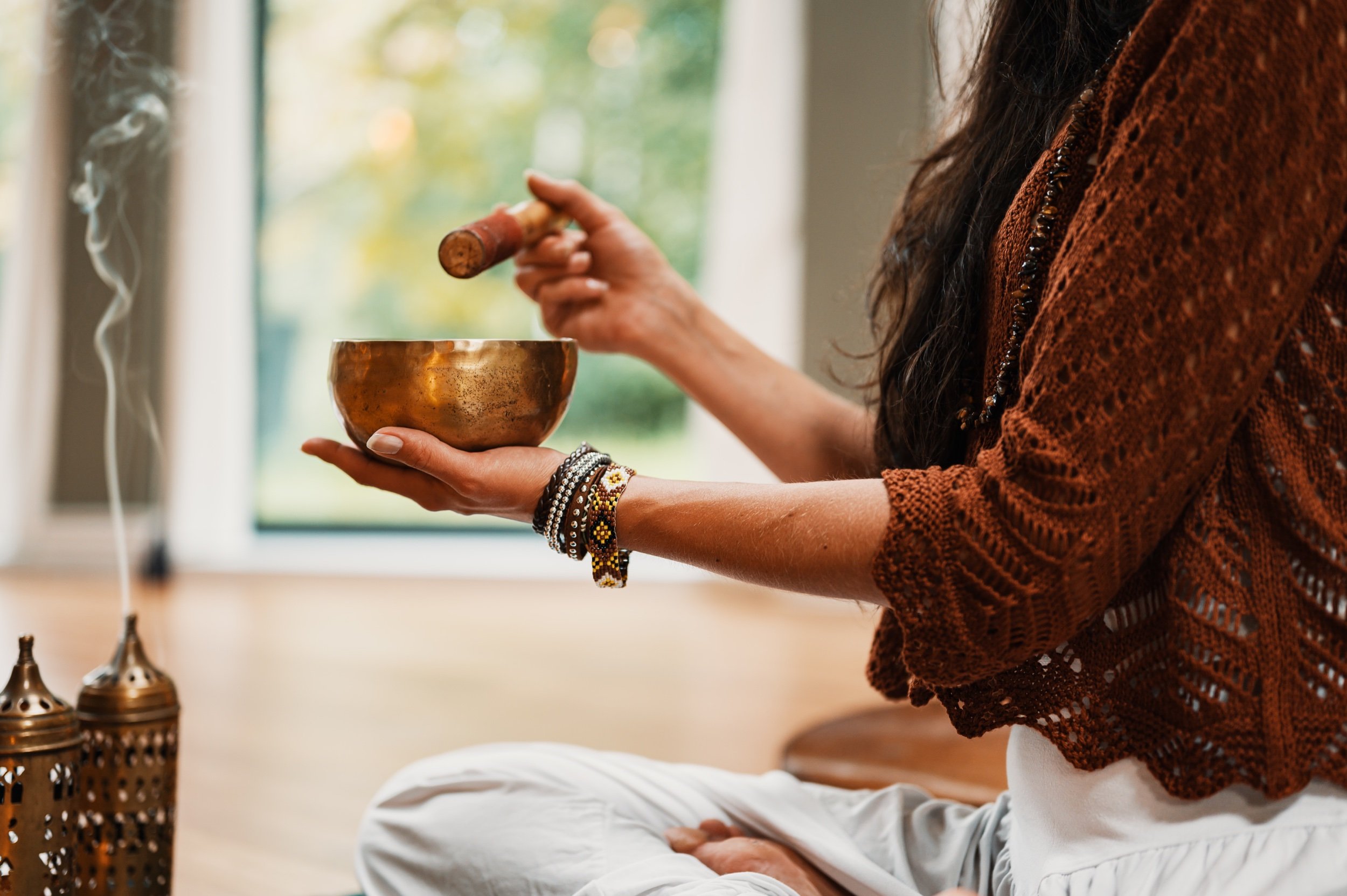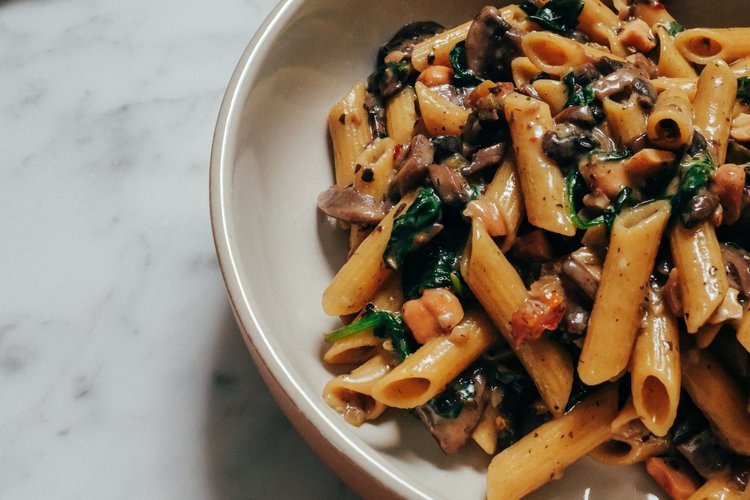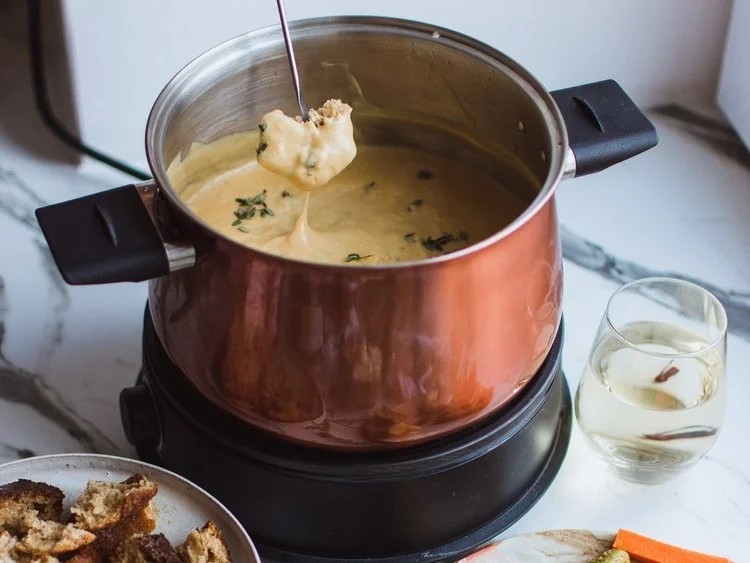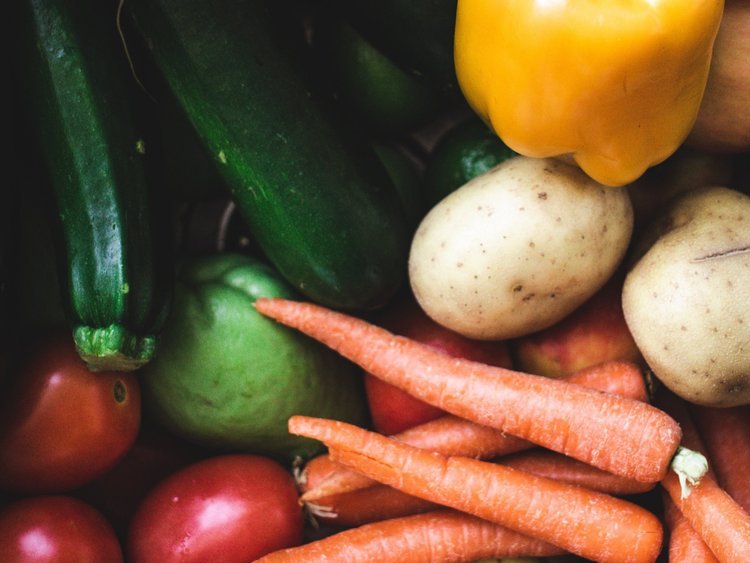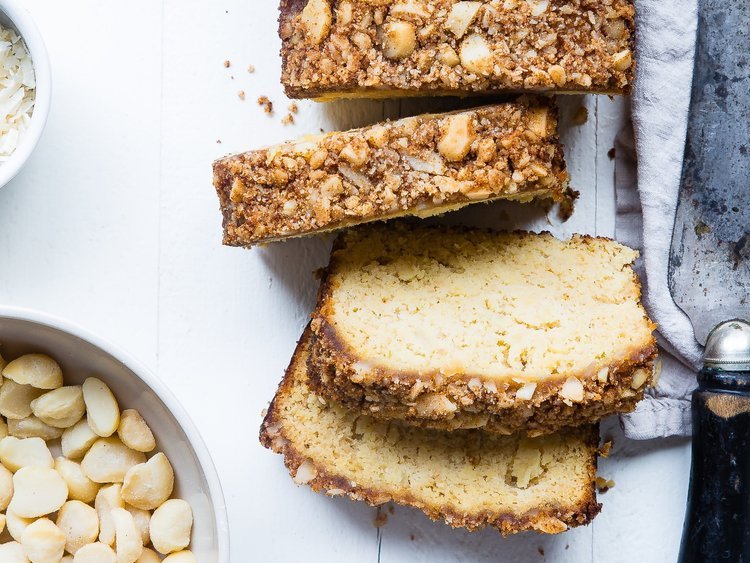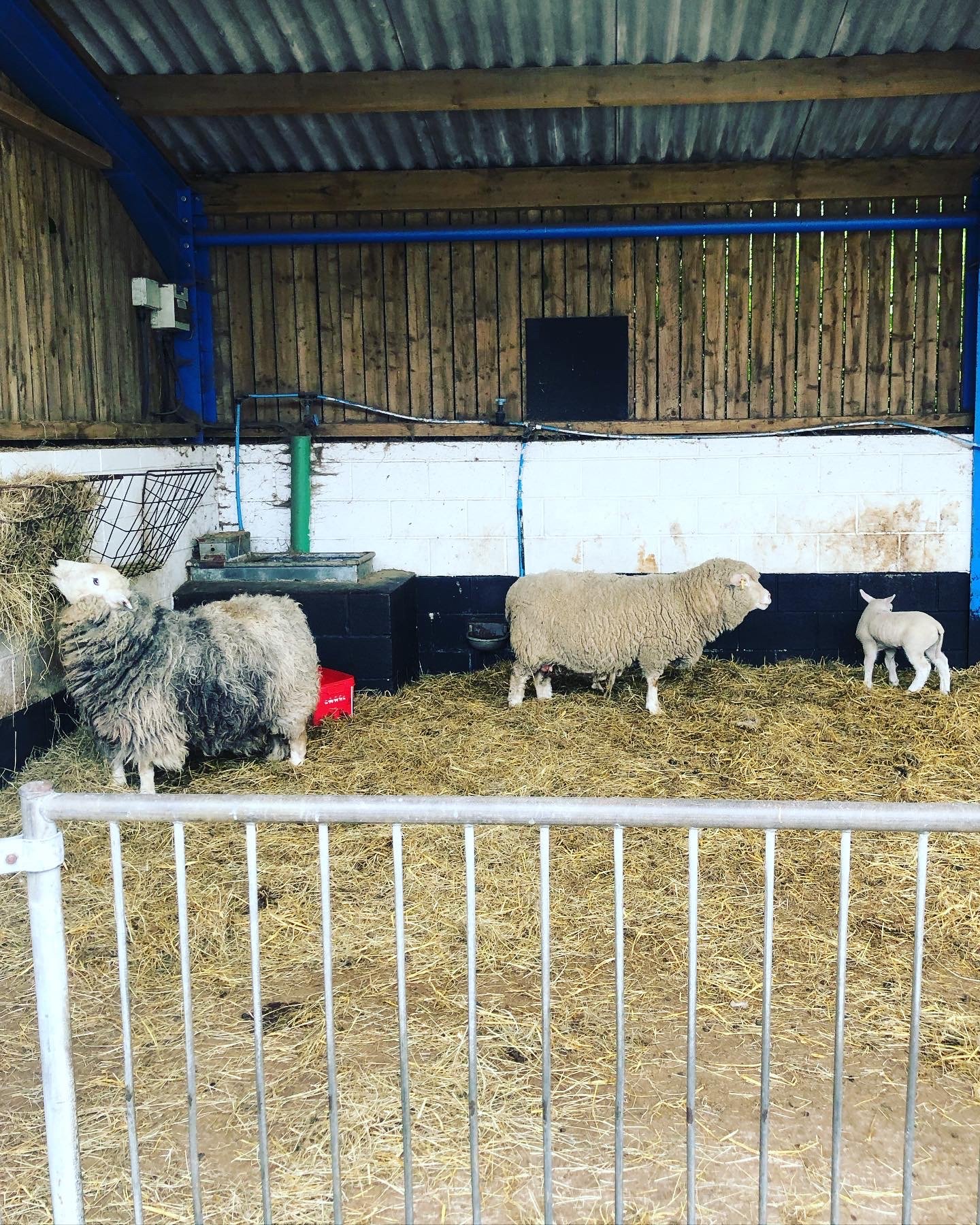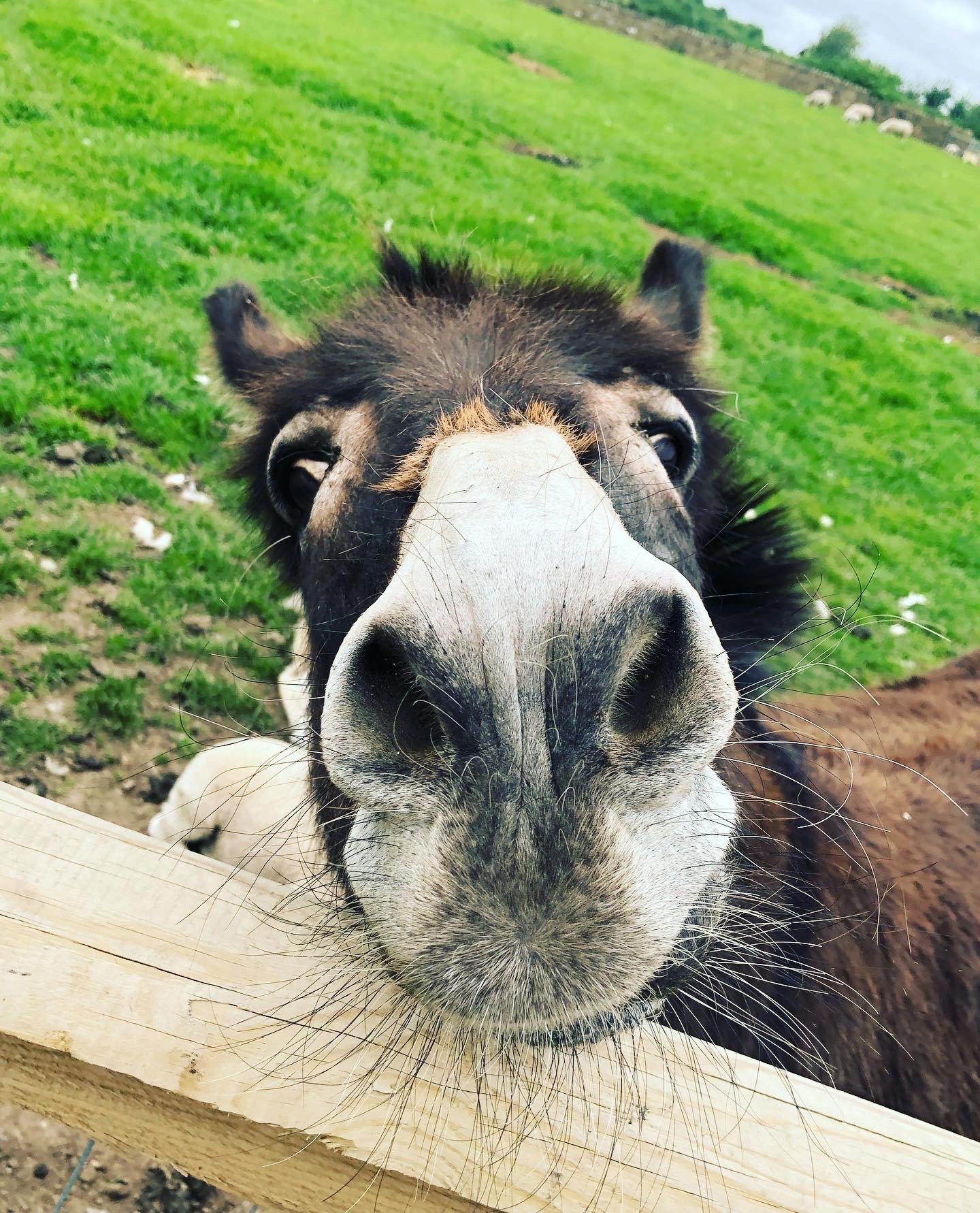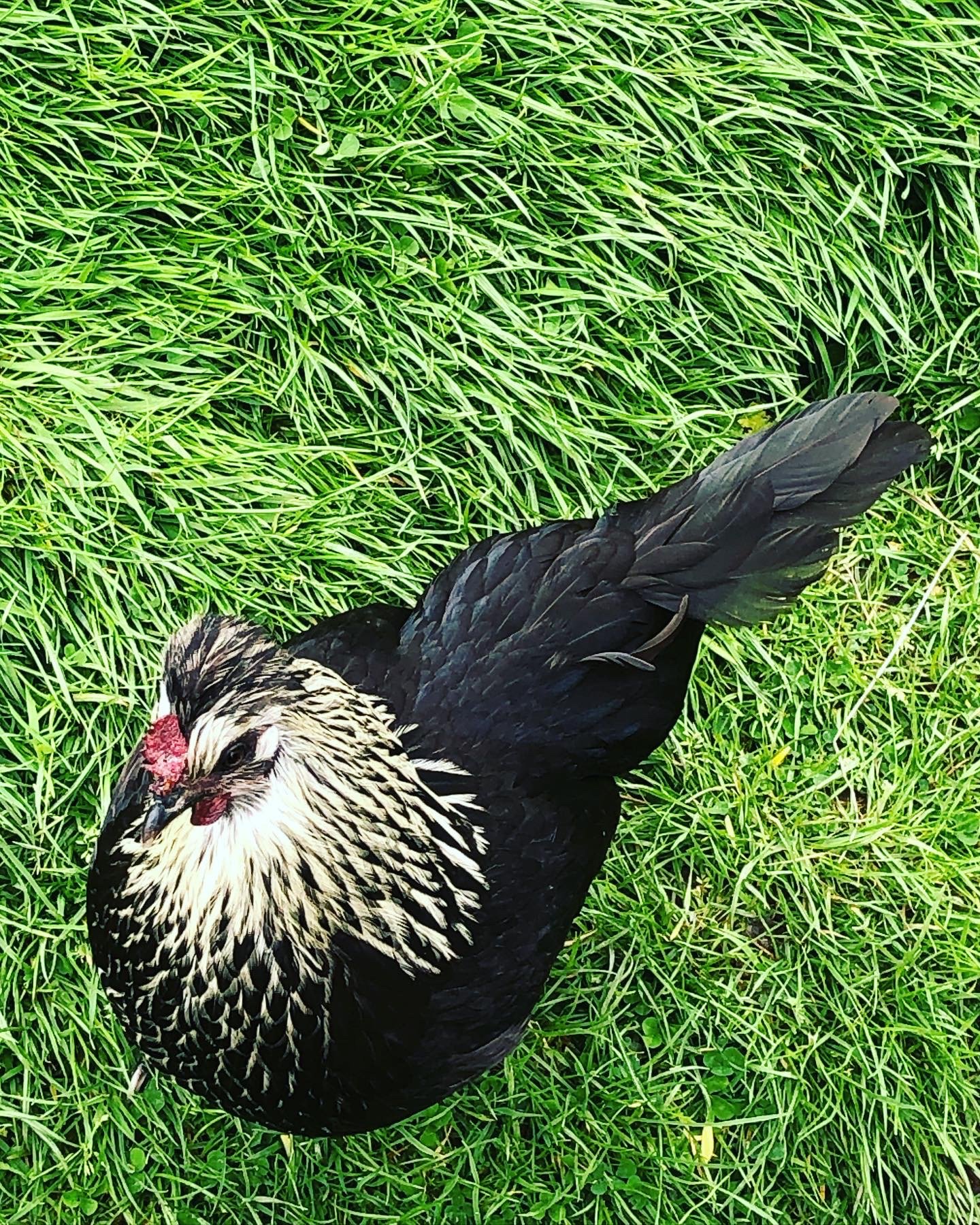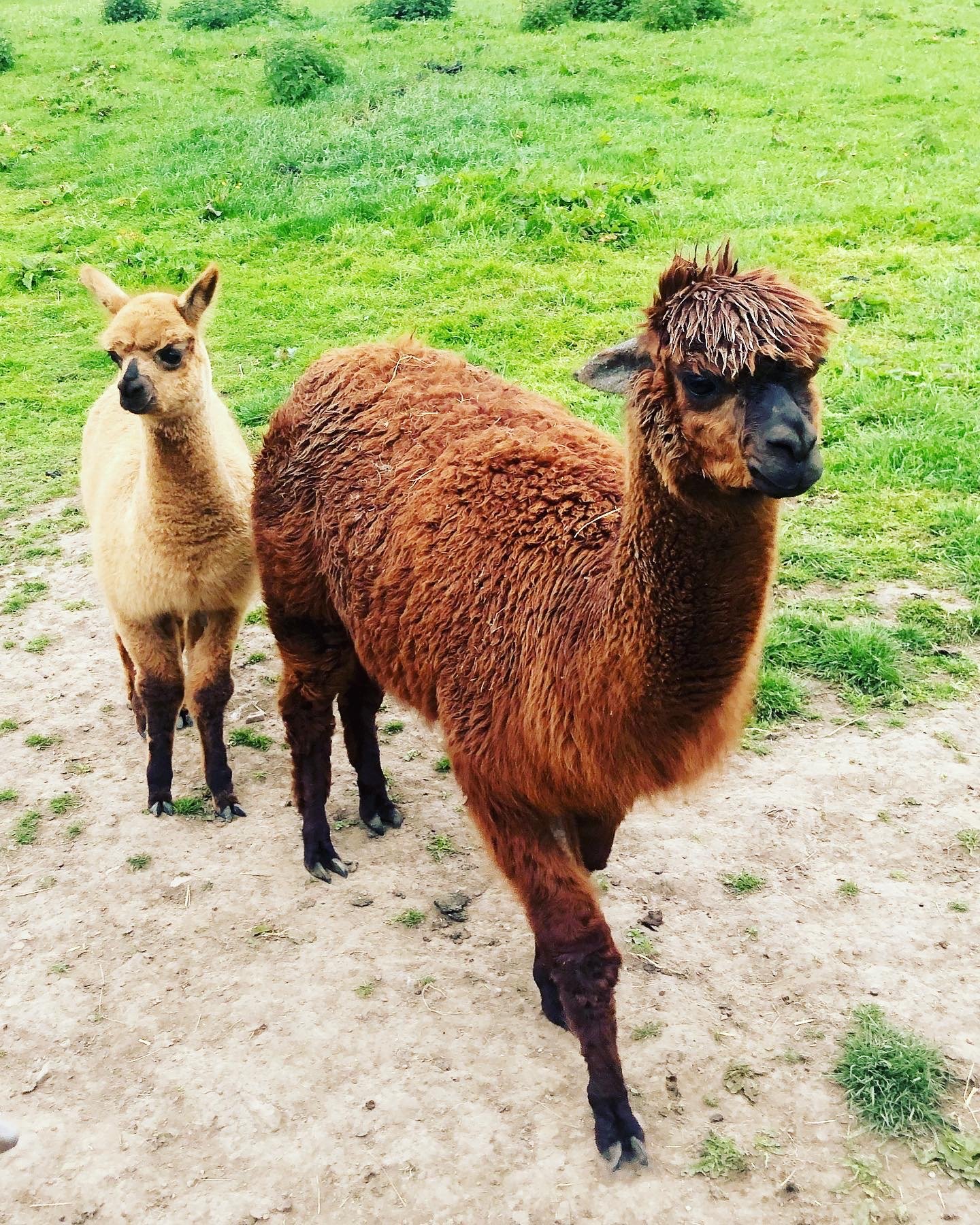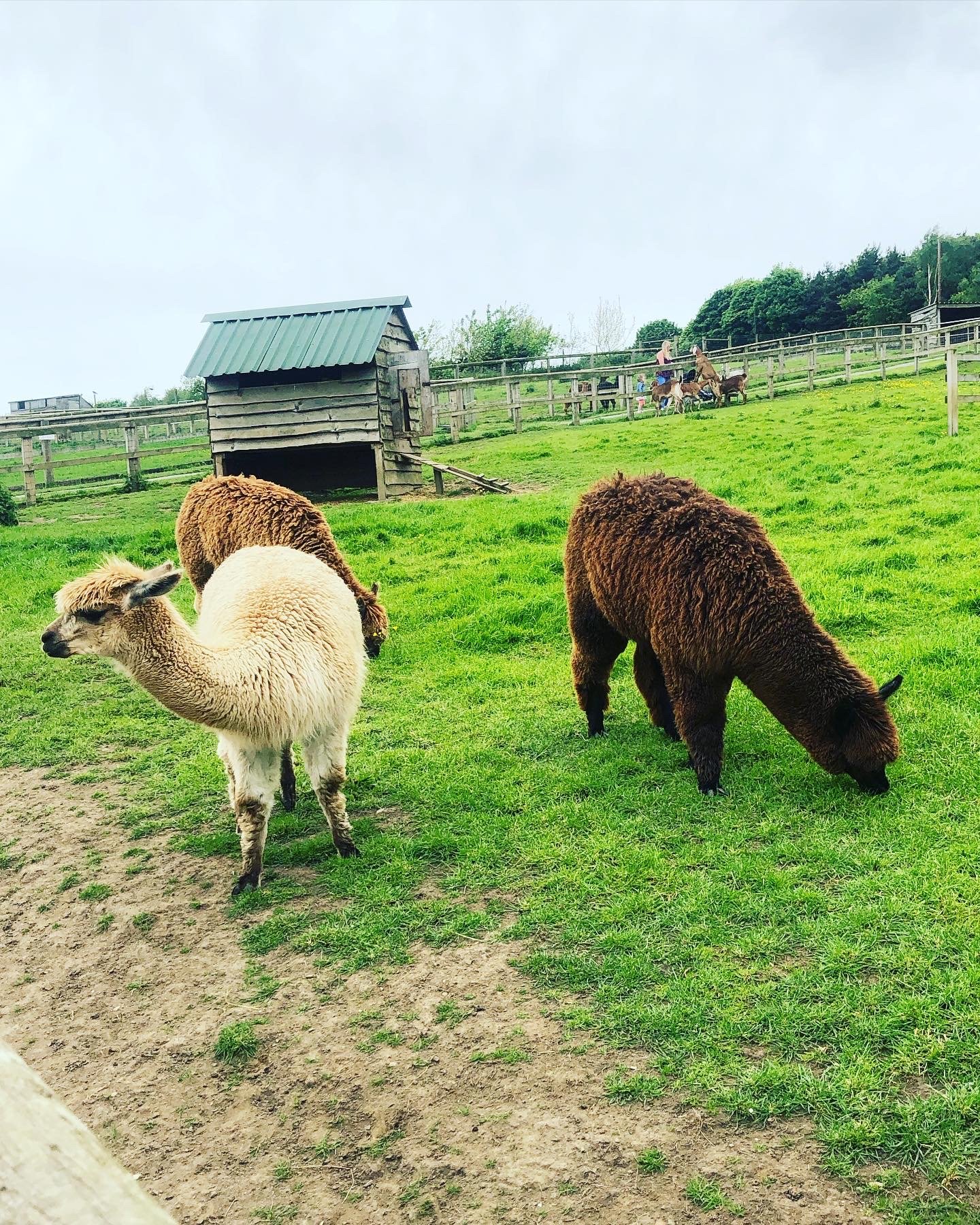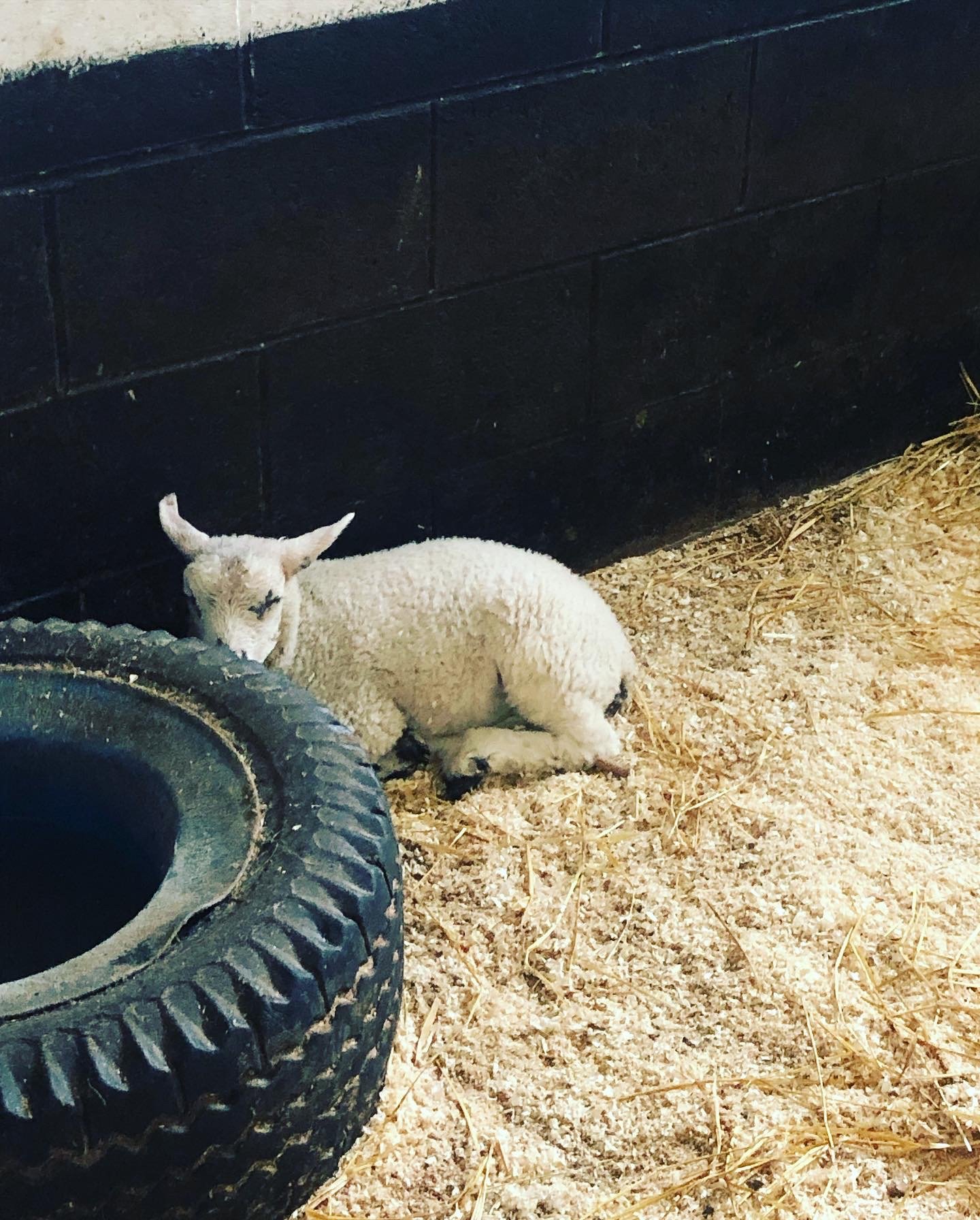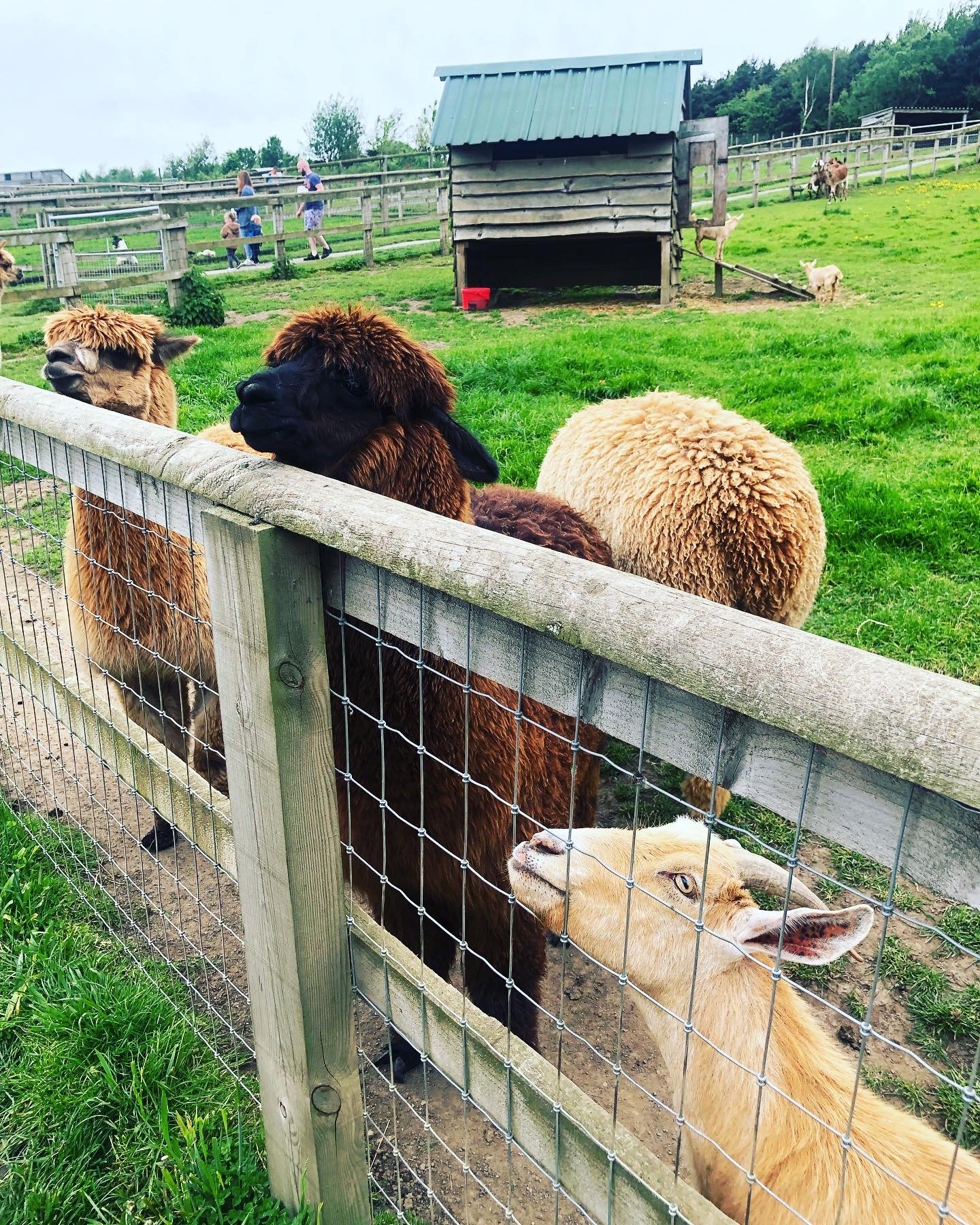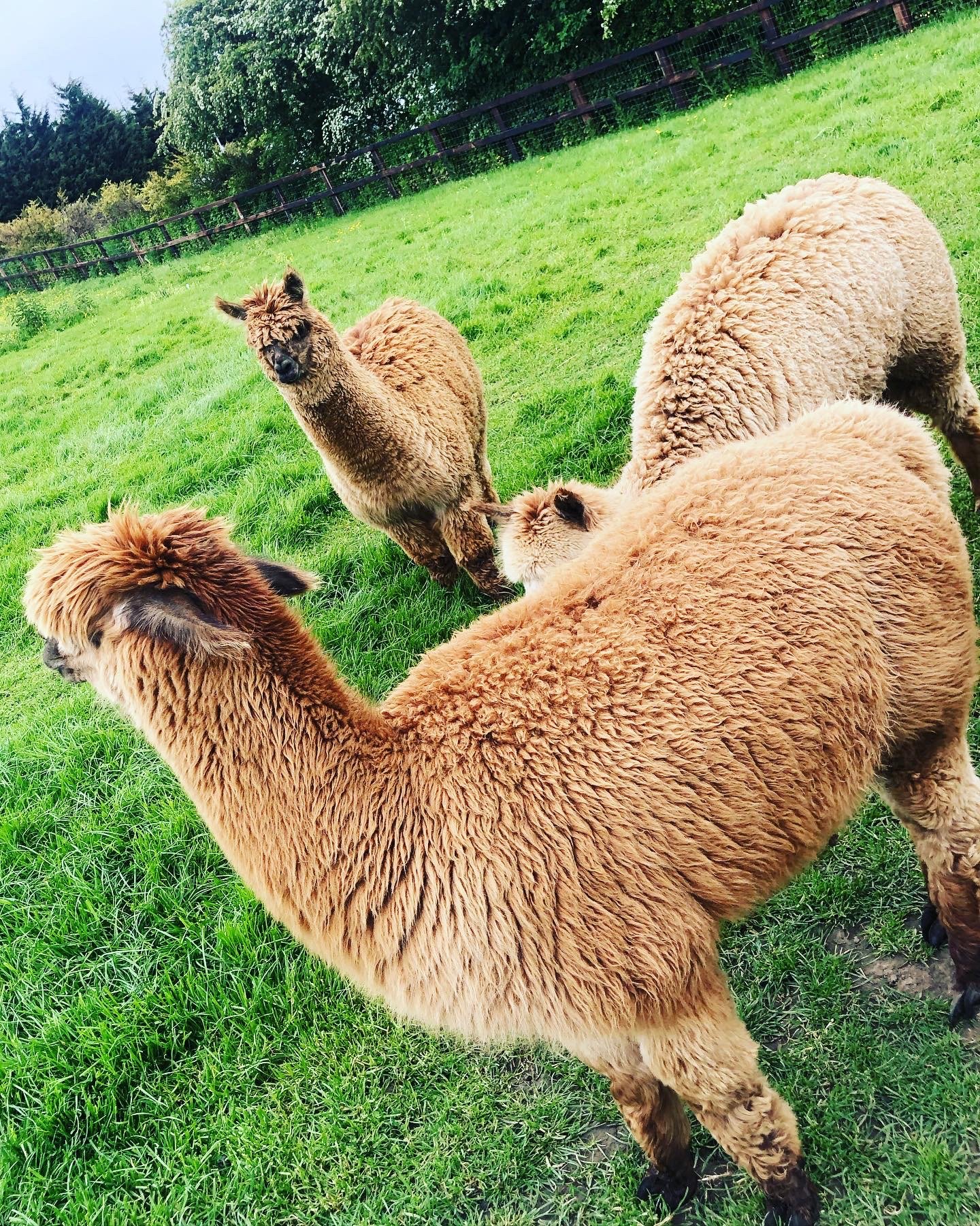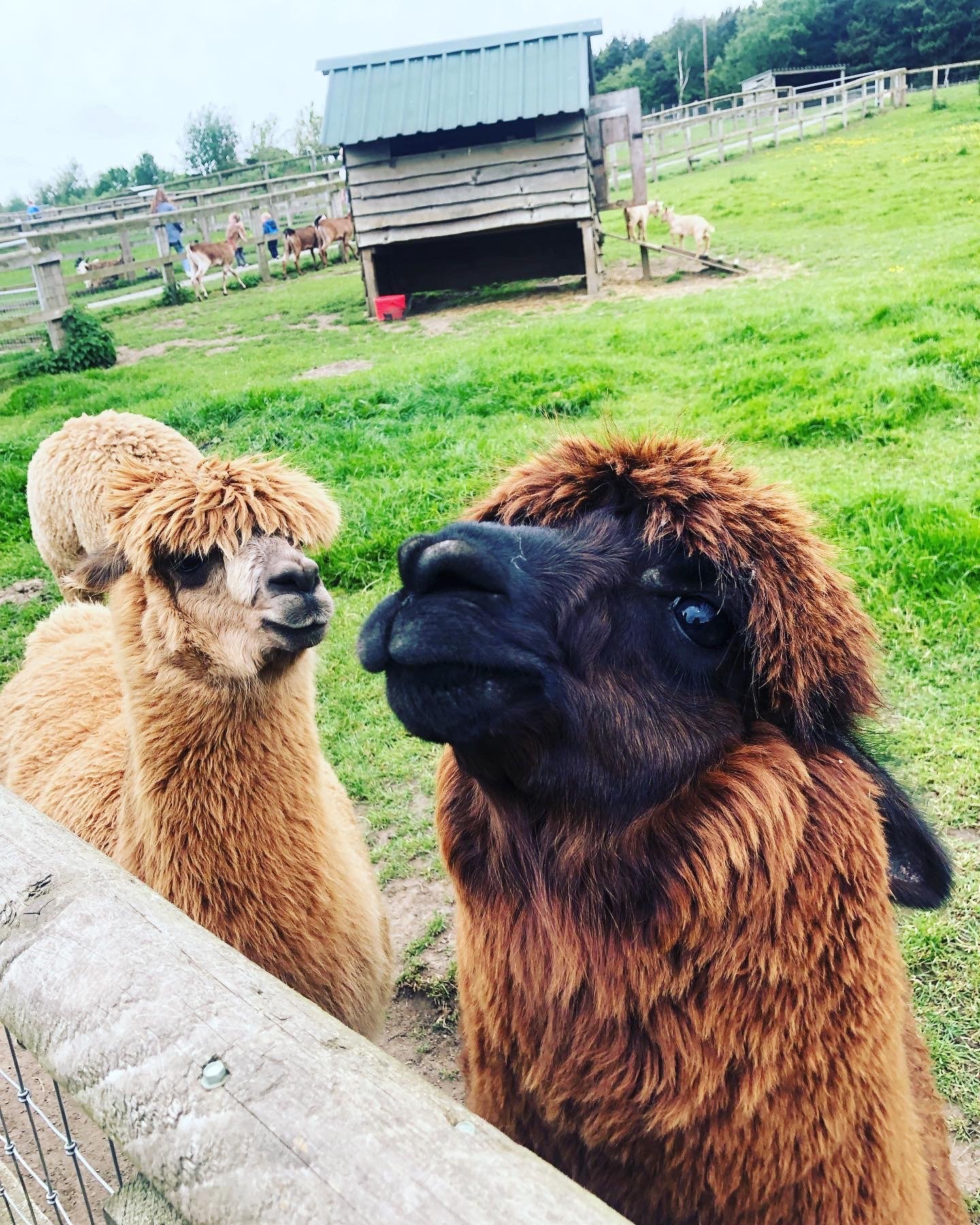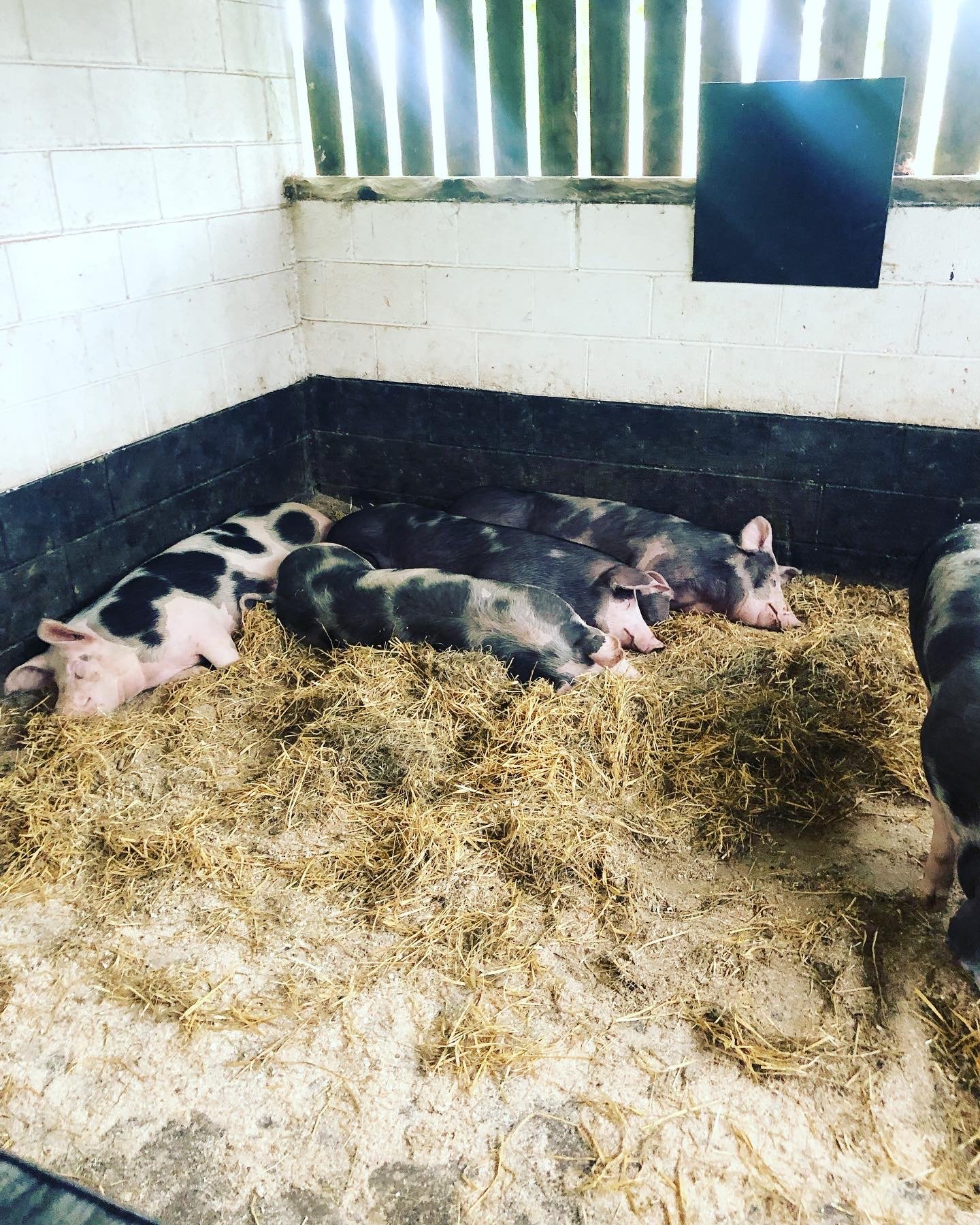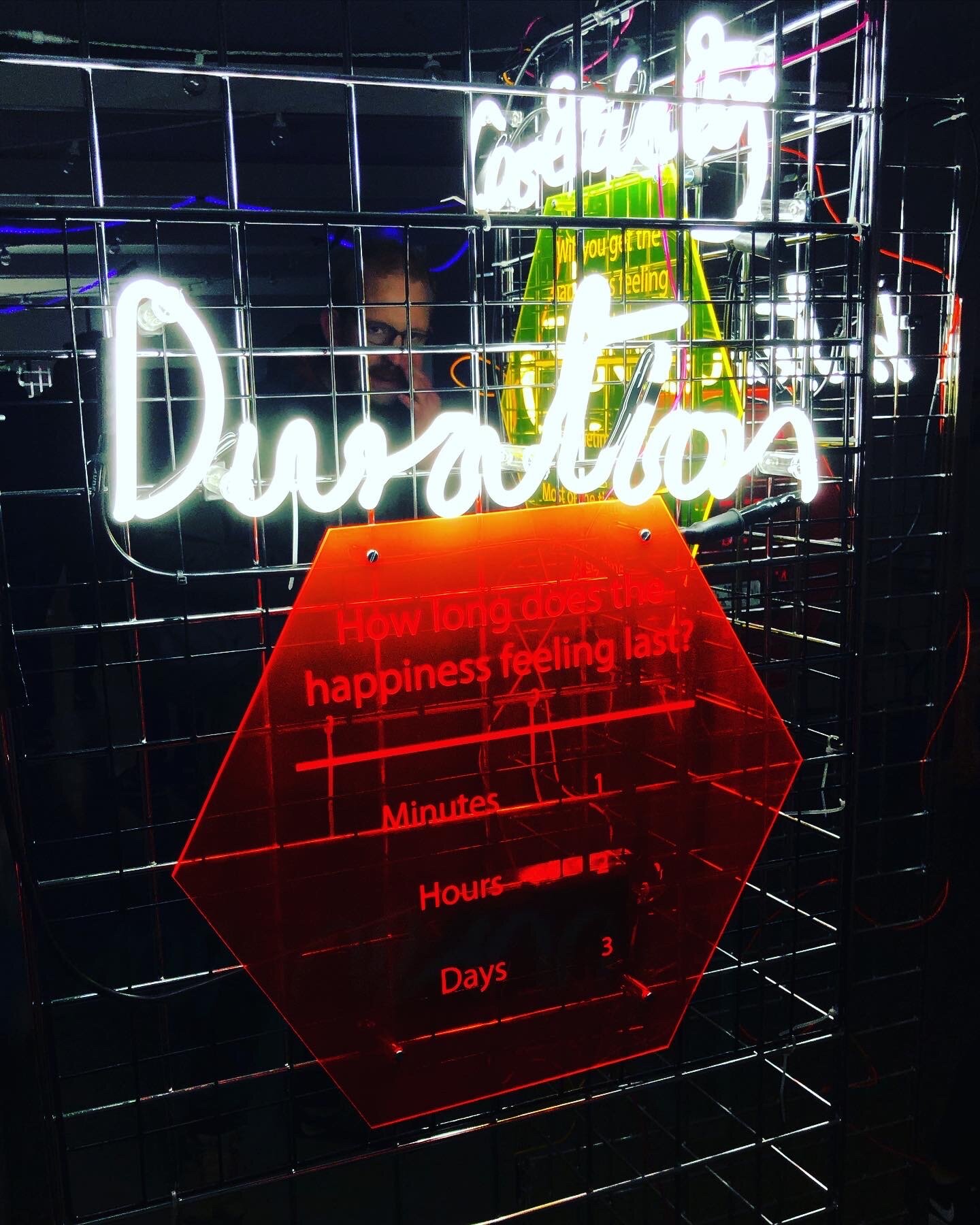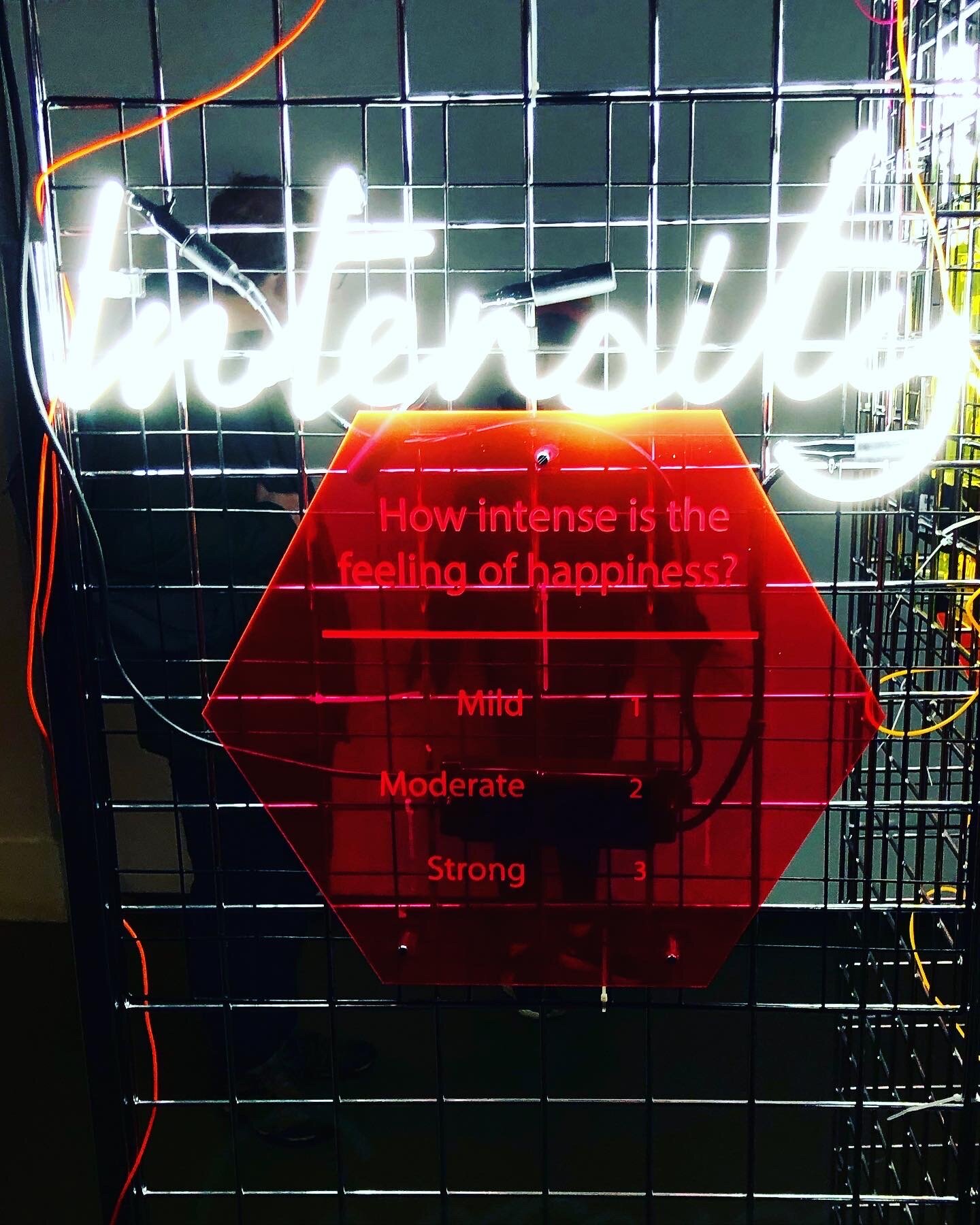Rest is an essential component of a healthy lifestyle. We often think of rest as simply the absence of activity, but there are actually seven different types of rest that our bodies and minds need in order to function at their best. In this blog post, we'll explore the seven types of rest and provide tips to help you incorporate them into your life.
Physical rest
Physical rest is perhaps the most obvious type of rest. It includes getting enough sleep each night and taking breaks throughout the day to rest your body. To ensure you're getting enough physical rest, aim for 7-9 hours of sleep per night and take regular breaks throughout the day to stretch and move your body.
Mental rest
Mental rest is just as important as physical rest. It involves taking a break from the constant mental stimulation we experience throughout the day, such as work emails and social media. To achieve mental rest, try meditation or deep breathing exercises, take a break from technology, or spend time in nature.
Sensory rest
Sensory rest involves giving our senses a break from the constant stimulation of our environment. To achieve sensory rest, try turning off the TV or radio, taking a break from your phone, or spending time in a quiet environment.
Creative rest
Creative rest involves taking a break from creative pursuits, such as writing or art, in order to recharge your creative energy. To achieve creative rest, try doing something mindless like taking a walk or doing a puzzle.
Emotional rest
Emotional rest involves taking a break from emotional stressors, such as difficult relationships or challenging work situations. To achieve emotional rest, try spending time with supportive friends or family, seeking professional counseling, or practicing self-care activities like journaling or taking a bath.
Social rest
Social rest involves taking a break from social interactions in order to recharge your social energy. To achieve social rest, try spending time alone, reading a book, or taking a solo trip.
Spiritual rest
Spiritual rest involves taking a break from the demands of daily life in order to connect with your higher power or purpose. To achieve spiritual rest, try practicing yoga or meditation, spending time in nature, or engaging in prayer or religious practices.
In conclusion, there are seven different types of rest that our bodies and minds need in order to function at their best. By incorporating these types of rest into our lives, we can improve our overall health and well-being. Remember to prioritize rest in your daily routine and take the time to recharge your body, mind, and spirit.



